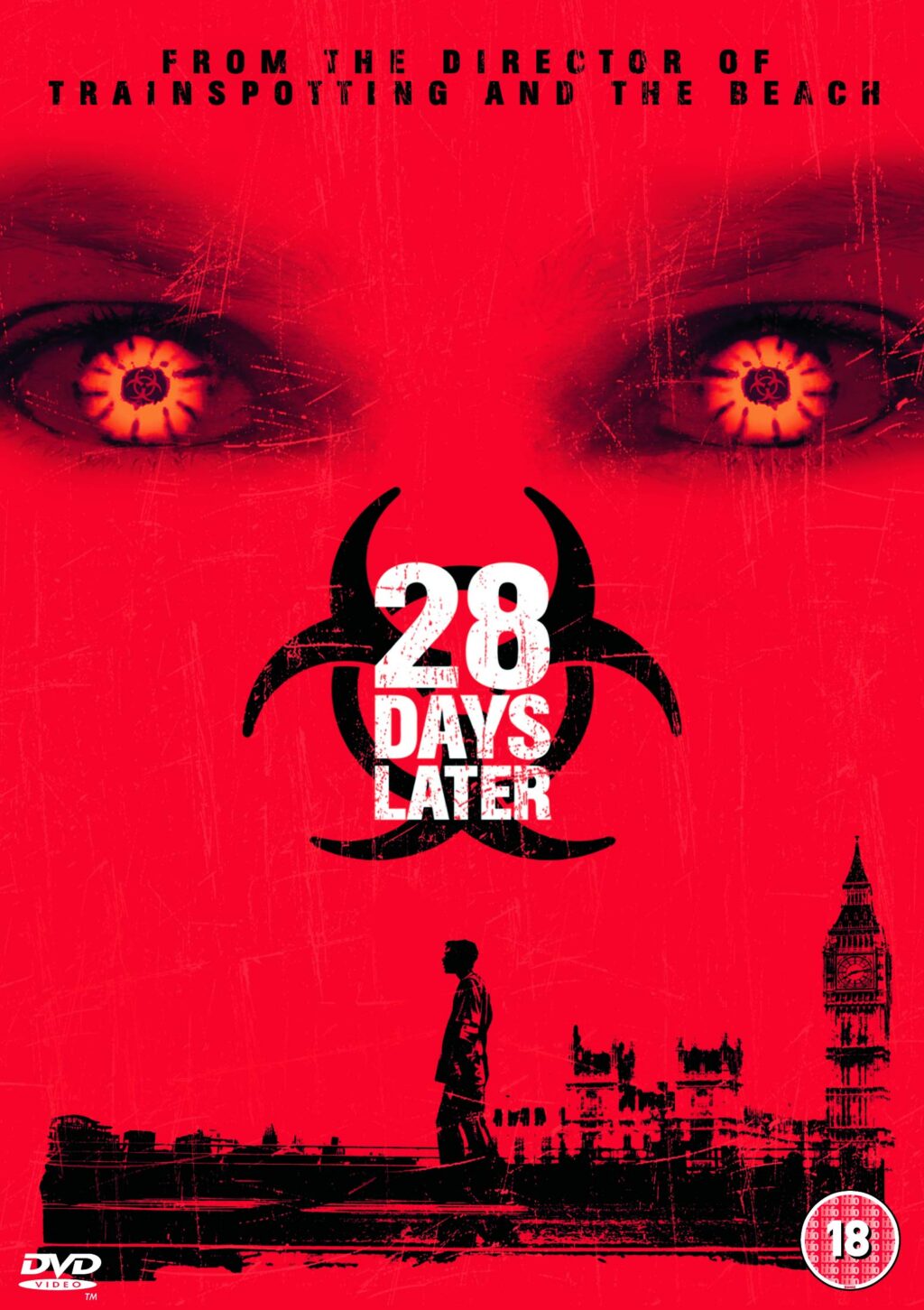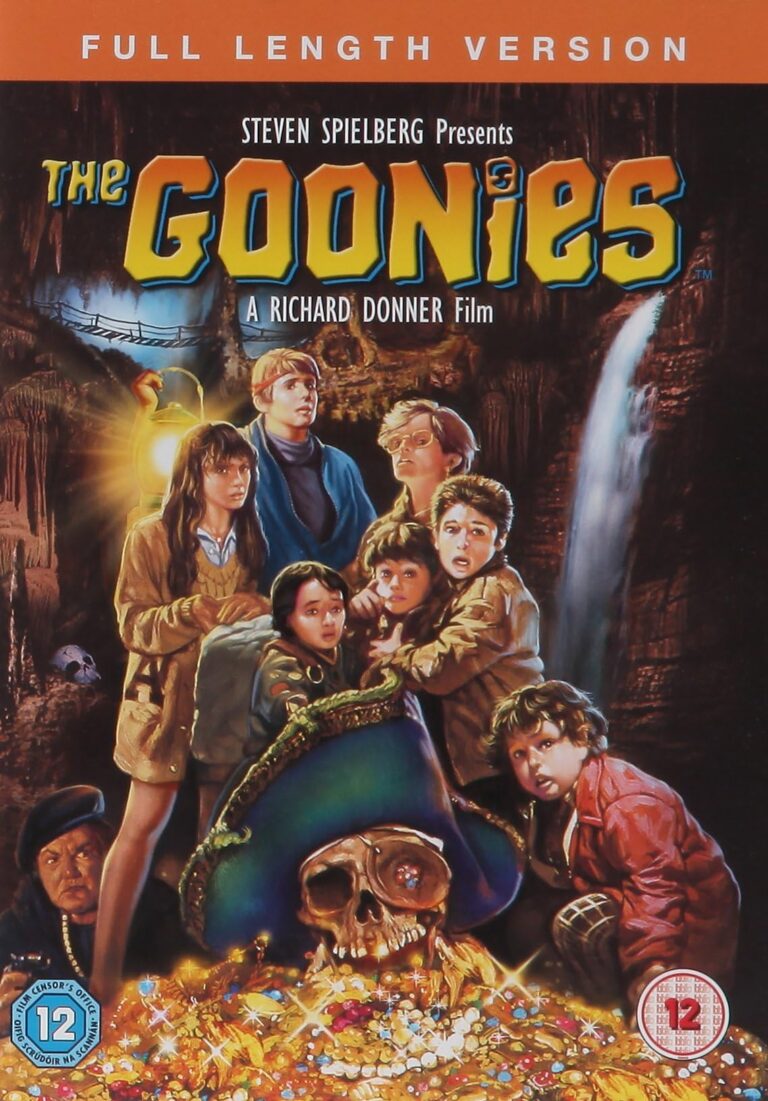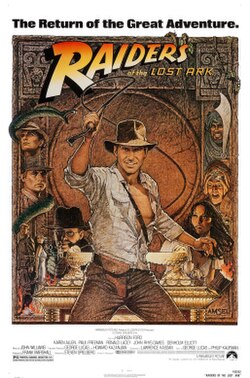
Introduction to 28 Days Later
Released in 2002, 28 Days Later quickly became a seminal work in the horror genre, reshaping popular culture’s perception of zombies. Directed by Danny Boyle, this film introduced audiences to a chilling tale that blended horror with social commentary, reflecting deeper societal fears and anxieties. Its relevance persists today as zombie narratives continue to dominate film and television, influencing everything from survival horror video games to modern series like The Walking Dead.
Plot Overview and Themes
28 Days Later opens with a seemingly post-apocalyptic London, following the story of Jim, a bicycle courier who awakens from a coma to find the city devastated by a virus that turns the infected into rage-fueled zombies. The film is notable for its exploration of survival, human nature, and society during a crisis. The stark imagery and haunting score underscore a narrative that emphasizes isolation and the collapse of societal norms.
Filmmaking Techniques and Innovations
One of the standout features of 28 Days Later is its innovative cinematography, with Boyle’s use of digital cameras creating an engrossing real-time experience for viewers. The film was among the first to employ this technique extensively, allowing for a gritty and almost documentary-style portrayal of chaos and despair. Moreover, the soundtrack, composed by John Murphy, complemented the unsettling atmosphere, reinforcing the emotional weight of the storyline.
Impact on the Zombie Genre
The success of 28 Days Later revitalized the zombie genre, offering a fresh take on the trope by introducing the concept of infected individuals as opposed to traditional slow-moving zombies. Following its release, numerous films and series have adopted similar fast-paced, rage-infected zombies, shifting the focus of horror storytelling. Its influence can be seen in works like World War Z and Train to Busan, both of which owe a debt to Boyle’s innovative approach.
Conclusion: A Lasting Legacy
Ultimately, 28 Days Later remains a pivotal entry in the horror genre, marking a transformative moment in how stories about the undead are told. Its blend of societal critique, character-driven storytelling, and innovative filmmaking established a new blueprint for future horror films. As audiences continue to grapple with themes of survival and societal breakdown, the conversations that Boyle sparked with this chilling narrative remain ever relevant, ensuring that 28 Days Later will continue to influence the genre for years to come.






